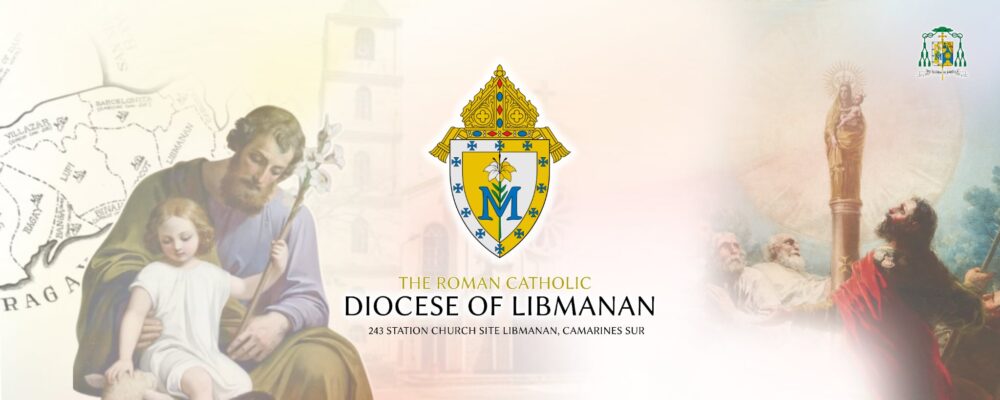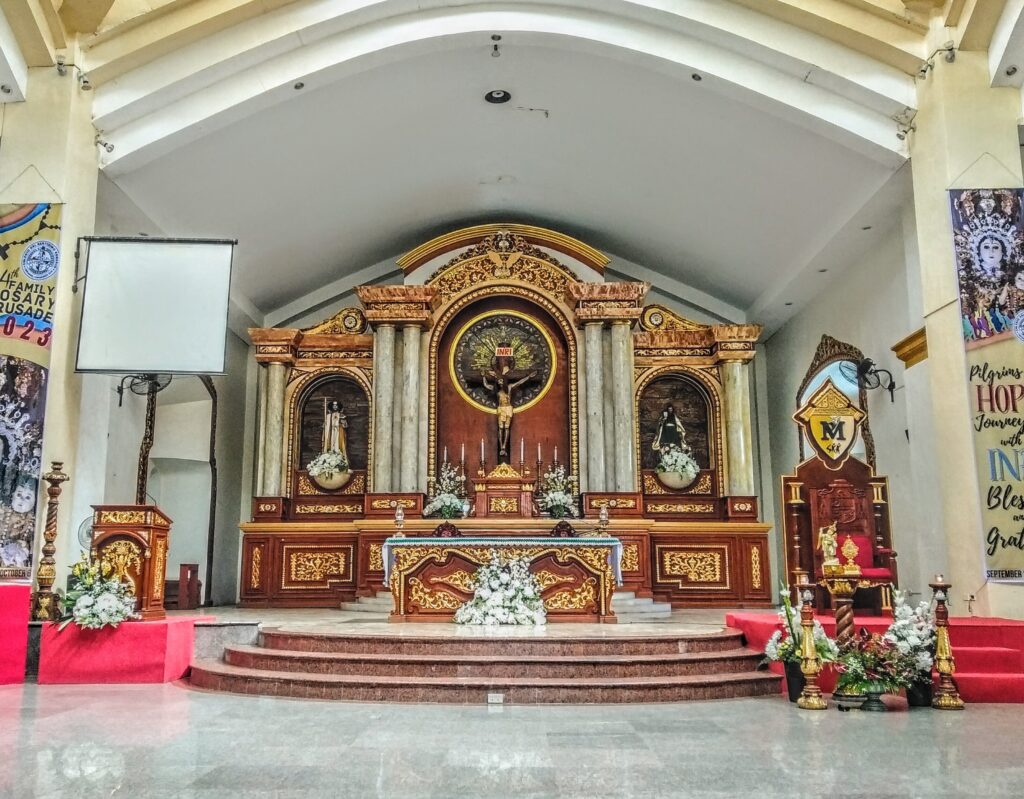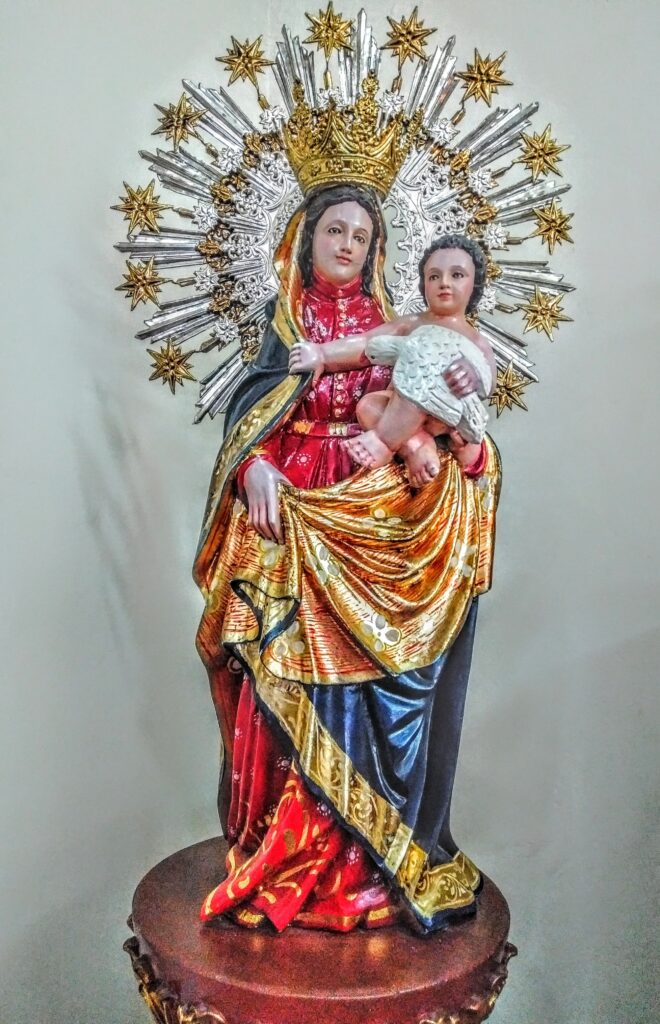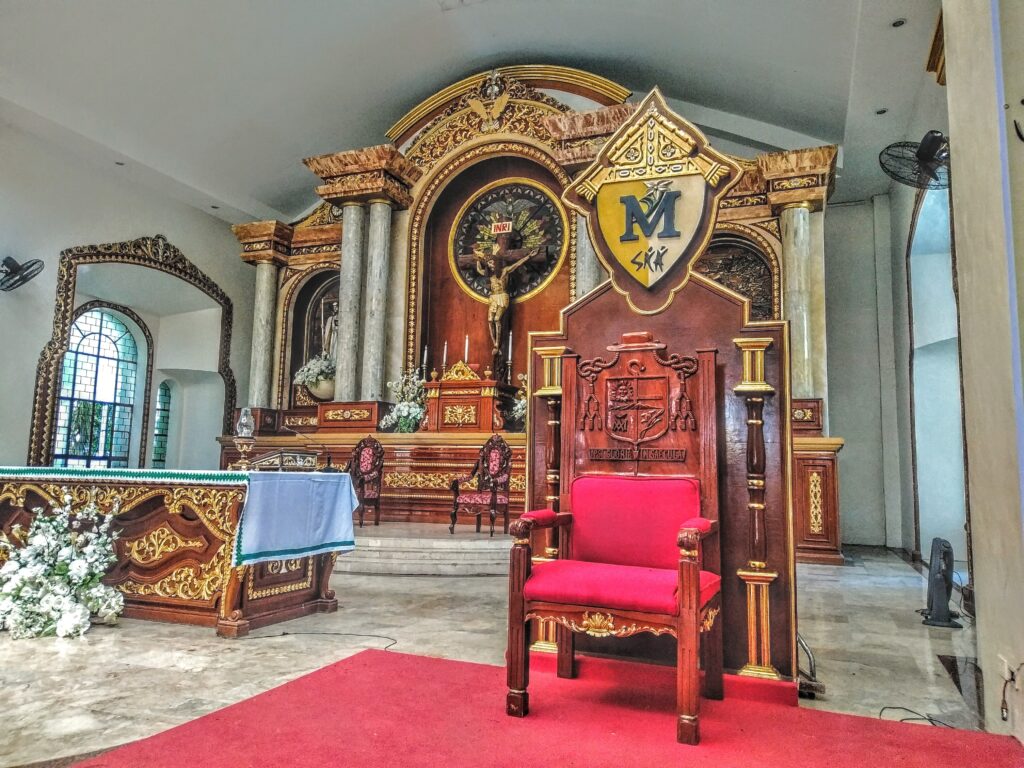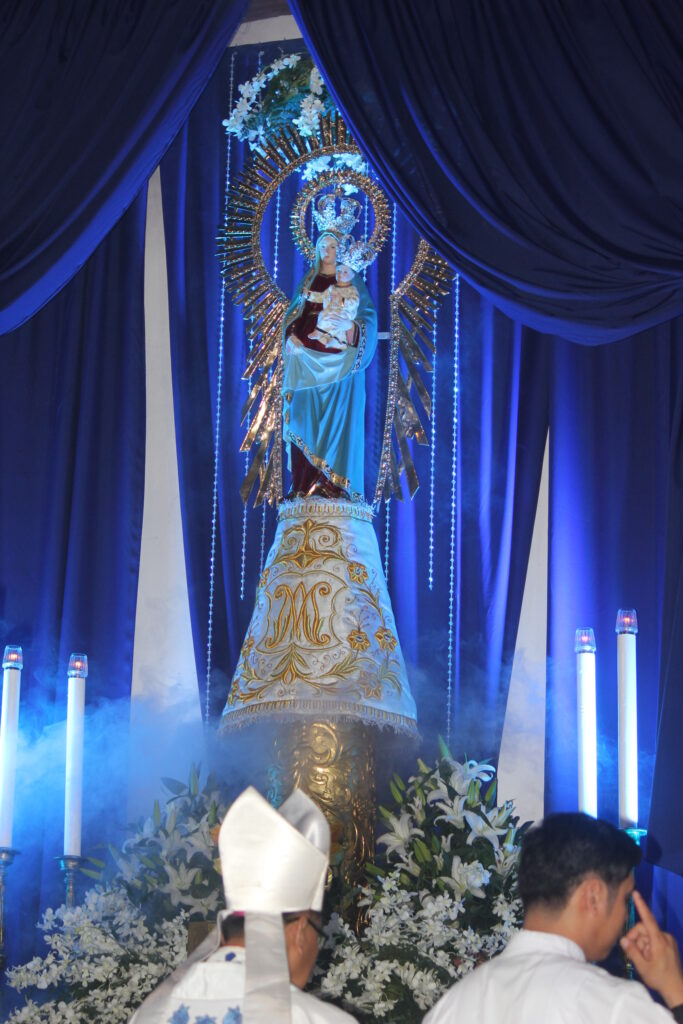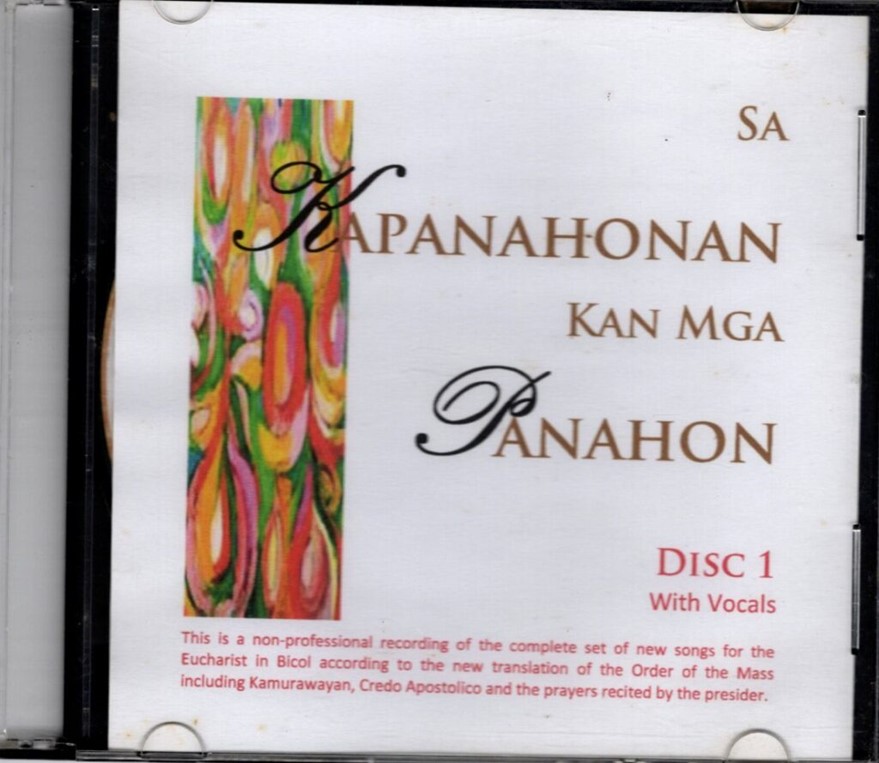In the new Bicol translation of the Roman Missal, based on the editio typica tertia emendata (2008), and as prescribed by Liturgiam authenticam, what used to be called Sundays in Ordinary Time is now rendered Mga Domingo « kan Taon » . This is because the term Ordinary Time (Tempus Ordinarium) never occurs in the Roman Missal. It is rather called Tempus per annum. According to Michael P. Foley, the term “ordinary time” can be traced back to Pierre Jounel, who in a 1969 French article in the journal Maison-Dieu, mistakenly claimed that the term “temps ordinaire” surfaced during the time of Pius X to designate the weeks from Epiphany to Septuagesima and from Trinity Sunday to Advent (Time after Epiphany and after Pentecost).
Be that as it may, such nomenclature has been criticized in recent times because “ordinary” could, unfortunately, be taken to mean mundane, unexceptional, and humdrum, whereas this time of the year “reflect(s) the rich, ongoing reflection on Christ’s life and teachings that occurs during this time.”
Without going deep into the debate regarding this issue, translators of the Roman Missal into Bicol decided to stick to the literal meaning of tempus per annum, thus, designating liturgical songs proper to this time of the year as Mga Awit sa Liturgia: Sa Aro-aldaw asin mga Domingo « kan Taon ». These songs tend to focus on themes of discipleship, growth, mission, and the teachings of Jesus. They also reflect Jesus’ sermons, parables, and miracles. Others highlight following Christ in the spirit of discipleship, listening to His word, and growing in faith. Still, other songs maintain a tone of reverent joy and gratitude. Finally, there are also songs at this time of the year meant to encourage the faithful to share the Gospel (mission) as they give flesh to their faith in daily life.
Awit sa Paglaog: Sa Samuyang Tahaw (© 2008 N. Alforte-R. Dolor)
Kagurangnan Maherak Ka (© 2008 N. Alforte-R. Dolor)
Kamurawayan sa Dios (© 2008 N. Alforte-R. Dolor)
Kamurawayan sa Dios (© 2001 N. Alforte-R. Dolor – Reedited)
Salmo 73 (© 2008 N. Alforte-R. Dolor)
Pagrokyaw (© 2008 N. Alforte-R. Dolor)
Nagtutubod Ako (© 2008 N. Alforte-R. Dolor)
Kaggibo asin Kagtao (© 2008 N. Alforte-R. Dolor)
Banal, Banal, Banal (© 2008 N. Alforte-R. Dolor)
Mysterium Fidei (© 2008 N. Alforte-R. Dolor)
Intro & Amen (© 2008 N. Alforte-R. Dolor)
Intro & Ama Niamo (© 2008 N. Alforte-R. Dolor)
Intro & Embolism (© 2008 N. Alforte-R. Dolor)
Cordero kan Dios (© 2008 N. Alforte-R. Dolor)
Ika Palan Kagurangnan (© 2008 N. Alforte-R. Dolor)
Sa Kapanahonan kan mga Panahon (© 2008 N. Alforte-R. Dolor)
Harayo, Harani Man (© 2008 N. Alforte-R. Dolor)
Puso nin Simbahan (© 2008 N. Alforte-R. Dolor)
Awit nin Sakuyang Puso (© 2001 N. Alforte-R. Dolor)
Maria, Bitoon sa Kadagatan (© 2001 F. Ramirez)
Saimo Sana (© 2001 R. Cajot)
Dagos asin Magtiripon ((© 2001 A. Recepcion-N. Alforte-R. Dolor)
Ilaw asin Kaligtasan (© 2001 N. Alforte-R. Dolor)
Tata nin Pagtubod
Ta Sainda an Dios
Mahiling Ka, Mamidbidan Ka
Pagtubod Saimo Parigona Man
Kaggibo asin Kagtao
Dios Niamo Sagkod Pa Man
